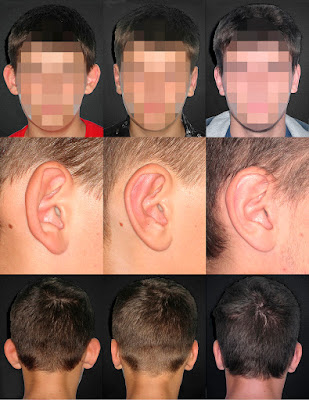Cosmetic Surgery for children

Major influences on children’s development of self-concept include communication from others about the self, comparisons they make with others in their immediate environment and the role assigned to them by the community 1 . The face is a key component of many adults’ self-identity and to the developing child, the face provides an early and continuing source of information about a persons’ personal identity 2 . If the face is so important, should we let children have cosmetic surgery? The Nuffield Council on Bioethics defines cosmetic surgery as surgery which will alter a person’s appearance, and which has a primarily aesthetic rather than functional aim. Their 2017 report identified specific ethical concerns for teenagers in particular as sensitive to peer pressures, and at a vulnerable stage of development with respect to their sense of their own identity. A survey by the American Academy of Facial Plastic and Reconstructive Surgeons found 55% of surgeons said patients now seek
